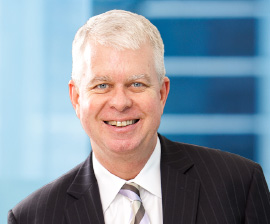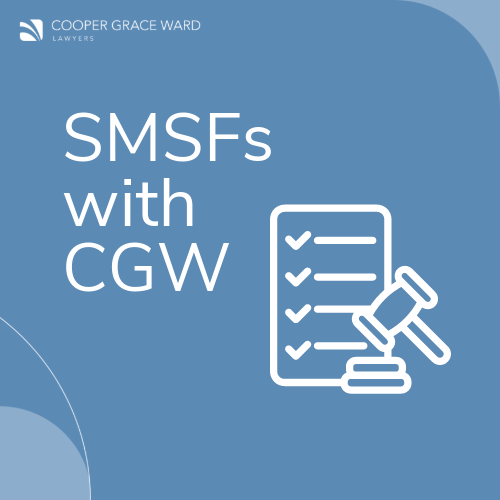Cameron v Foster & Anor [2010] QSC 372
This is not an analysis of the 2010 federal election or WorkChoices. This is the latest chapter in the ongoing saga about the recovery of damages for care in personal injuries actions regulated by the Workers’ Compensation and Rehabilitation Act 2003. The last chapter was in written in November last year by Justice Jones in Syben v. Mackay TFS Pty Ltd [2009] QSC 367. That case exposed a loophole in the provisions of the WCRA, which had been enacted to remove a claimant’s right to recover care damages. Prior to Syben’s case, most injury lawyers thought that care damages in claims regulated by the WCRA were (with apologies to Tony Abbott) “dead, buried, cremated”.
The facts of Cameron’s case are very simple. Before Mr Cameron’s injury, he mowed his own lawn. After the accident he was unable to do so. He began to pay a commercial mowing operator to mow his law, although, due to financial constraints, mostly relied upon gratuitous help from his family to do it. Mr Cameron gave evidence that, upon resolution of his claim, he intended to employ a commercial mowing operator to mow his law in the future.
The issue for determination was whether the cost of future paid lawn mowing services could be recovered given sections 308B to 308E of the WCRA.
Justice Douglas allowed the claim, remarking that if Parliament had wanted to remove this common law right, it could easily have done so.
So, what are the lessons we have learned in the last 12 months?
- If the post accident care is only provided gratuitously and by a member of the claimant’s family or household or by the claimant’s friend, no claim for care (paid or unpaid; past or future) can be made.
- Conversely, if the accident has created a need for specific care and such care has been provided since the accident but not by a member of the claimant’s family or household, or by the claimant’s friend, the court has power to award damages for such care in the future. (Syben)
- If the accident has created a need for specific care, a claimant can recover damages for the pre-trial cost of such care provided the claimant has paid for it (as a standard special damage).
- If the accident has created a need for specific care, a claimant can recover damages for such care in the future, provided that post accident the claimant has paid for such care and has an intention of doing so in the future. It does not matter that post accident the claimant may have also received the same care gratuitously. The question that remains is: how many times does the claimant need to pay for the care to “convert” it from care predominantly provided gratuitously to something recoverable? A “once off” expense surely is not enough, but the court in Cameron’s case did not require that the commercial care be provided in the majority of cases for it to be recoverable in the future.
- If the accident has created a need for specific care and such care has not been provided since the accident, the court has power to award damages for such care in the future. (Syben’s case) However, it must be questionable whether the need truly exists if the claimant has not received such care.
It could be observed that those who can afford to pay for care have a distinct advantage over those who cannot.
In an action where a claim for care is advanced, workers’ compensation insurers should demand:
- full particulars of who provided the care and their precise relationship to the claimant; and
- receipts for any paid expenditure.
Cameron’s case is the subject of an appeal.





